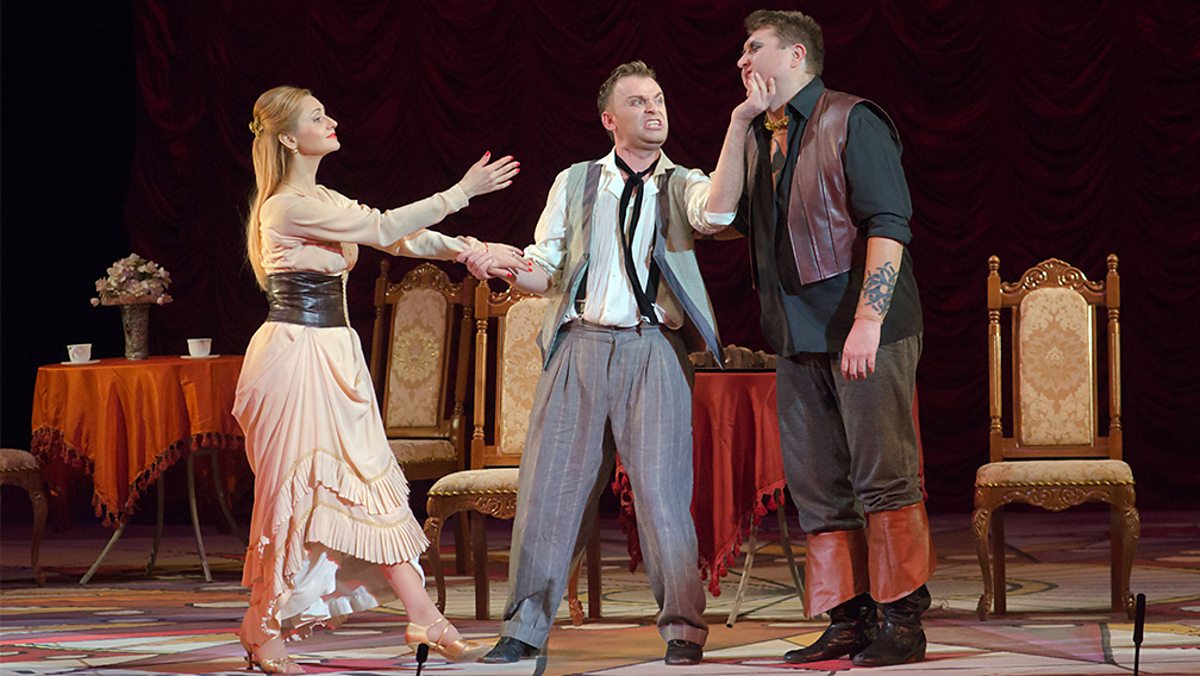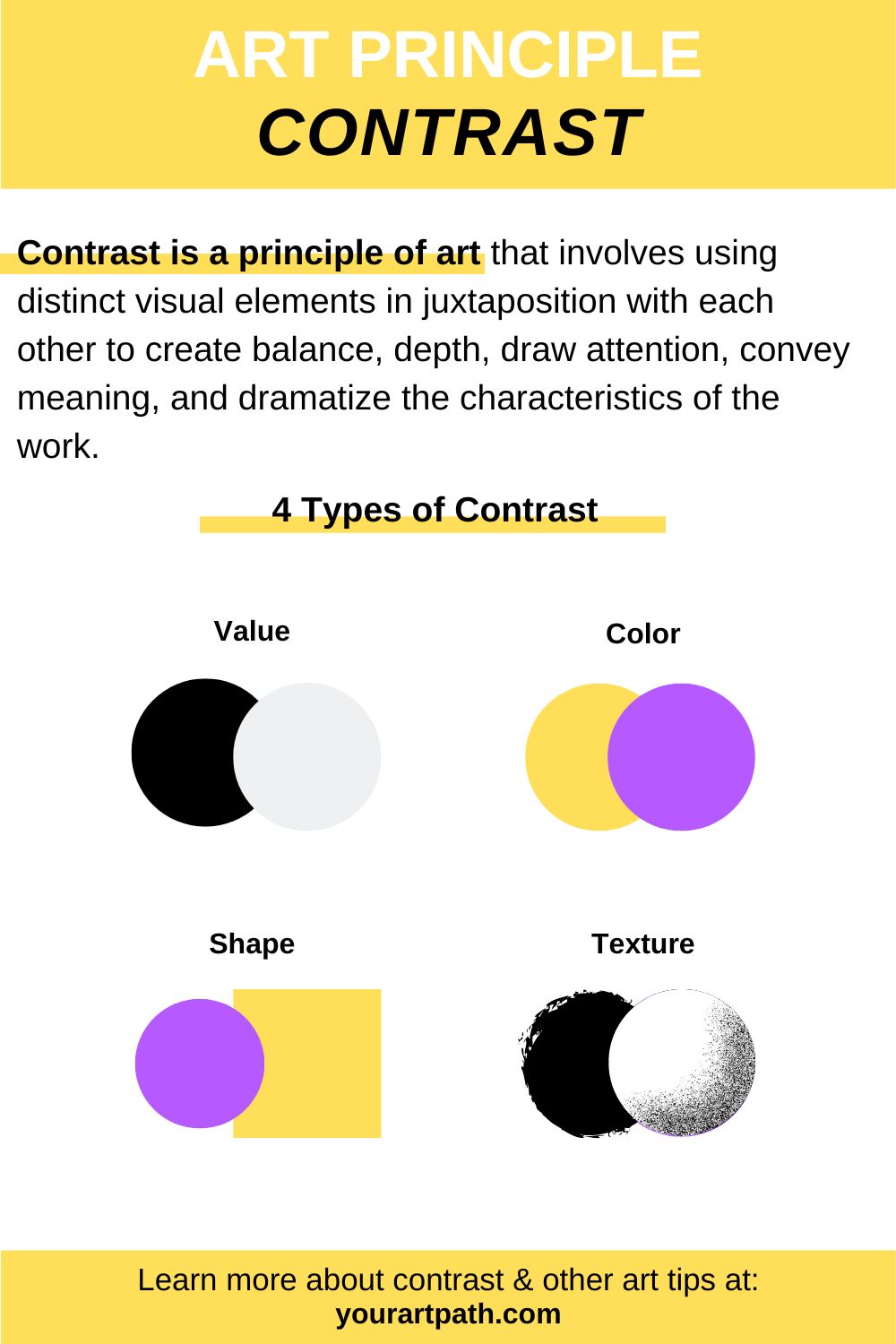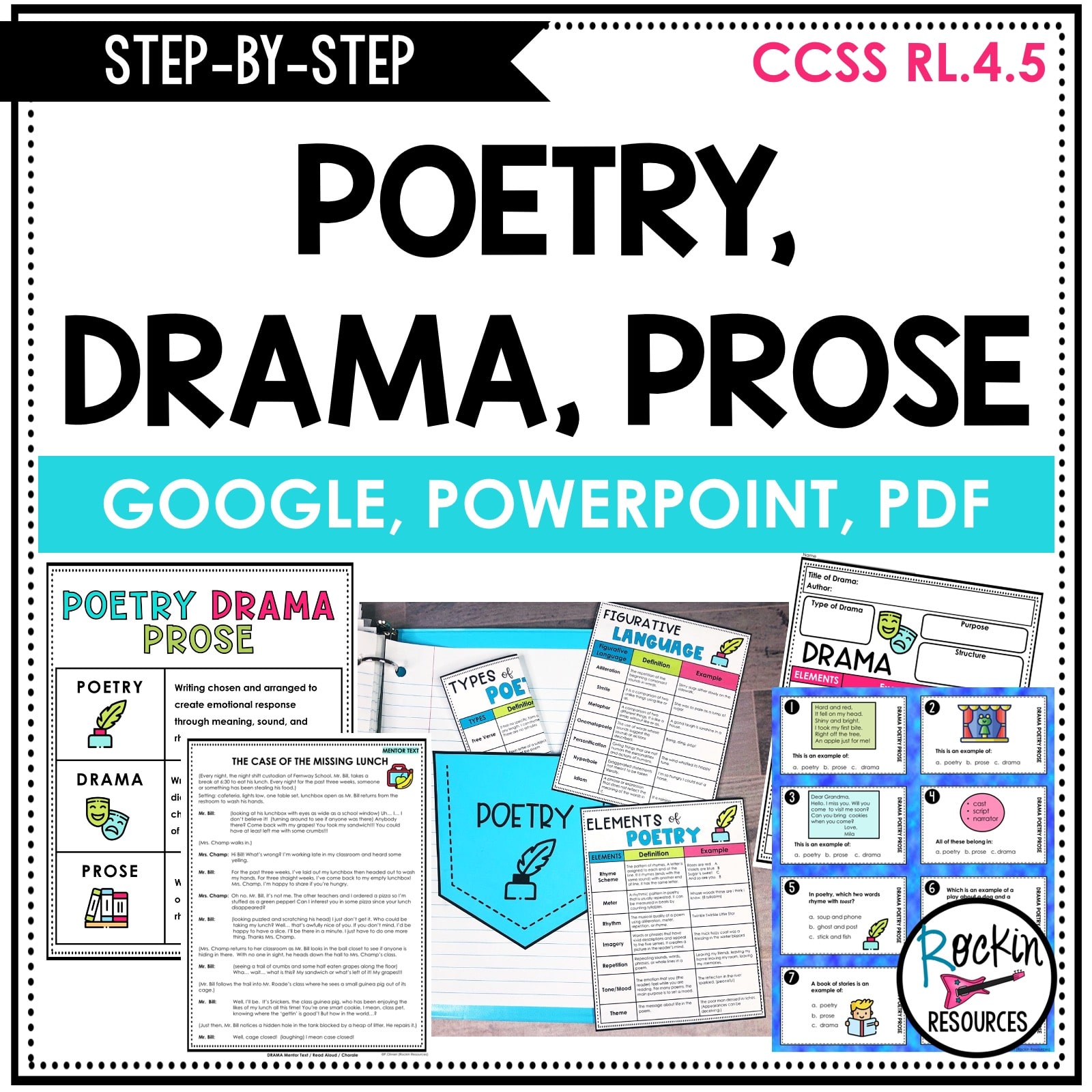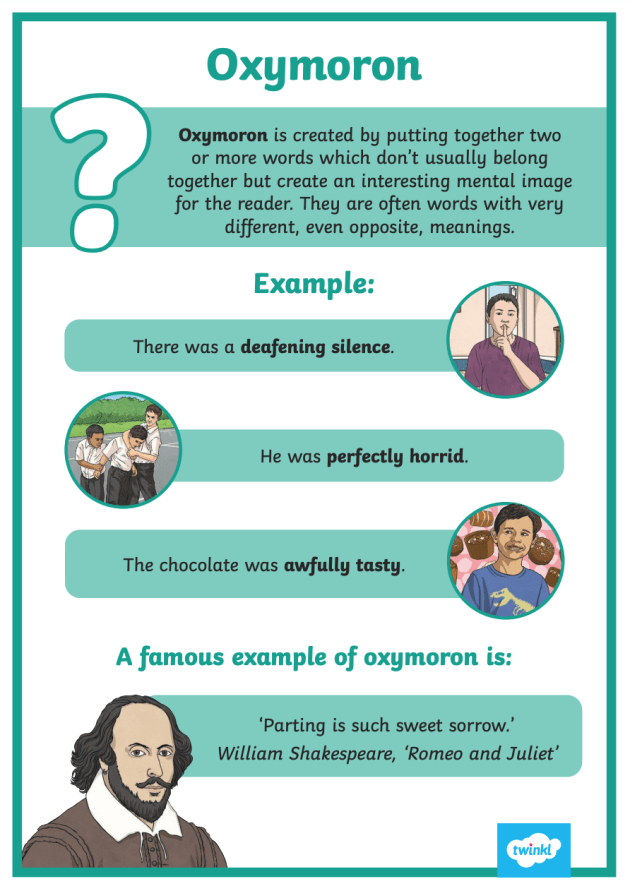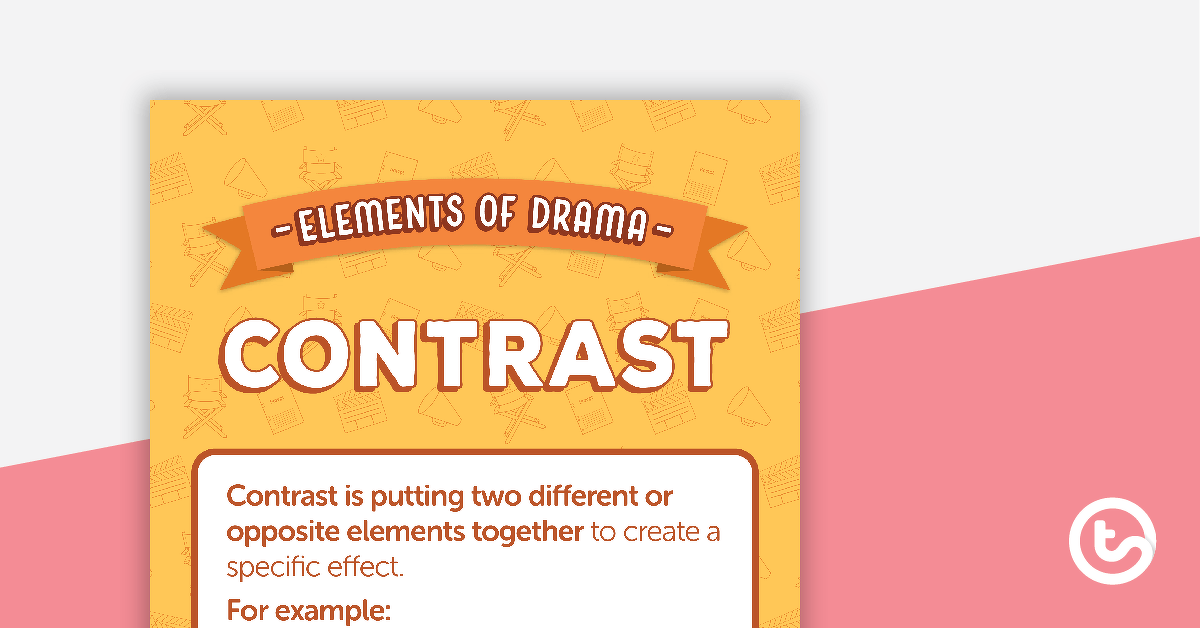Definition Of Contrast In Drama - While conflict drives the plot forward and creates drama, contrast adds depth and complexity to the narrative by emphasizing differences and. Without the careful use of contrast a performance is boring and lacks tension. Contrast is a rhetorical device through which writers identify differences between two subjects, places, persons, things, or ideas. An obvious example of contrast is a sad scene followed by a happy.
Without the careful use of contrast a performance is boring and lacks tension. While conflict drives the plot forward and creates drama, contrast adds depth and complexity to the narrative by emphasizing differences and. Contrast is a rhetorical device through which writers identify differences between two subjects, places, persons, things, or ideas. An obvious example of contrast is a sad scene followed by a happy.
Contrast is a rhetorical device through which writers identify differences between two subjects, places, persons, things, or ideas. An obvious example of contrast is a sad scene followed by a happy. Without the careful use of contrast a performance is boring and lacks tension. While conflict drives the plot forward and creates drama, contrast adds depth and complexity to the narrative by emphasizing differences and.
Contrast and sequence Developing an idea AQA GCSE Drama Revision
Contrast is a rhetorical device through which writers identify differences between two subjects, places, persons, things, or ideas. While conflict drives the plot forward and creates drama, contrast adds depth and complexity to the narrative by emphasizing differences and. An obvious example of contrast is a sad scene followed by a happy. Without the careful use of contrast a performance.
Contrast & Conflict in Drama YouTube
An obvious example of contrast is a sad scene followed by a happy. While conflict drives the plot forward and creates drama, contrast adds depth and complexity to the narrative by emphasizing differences and. Contrast is a rhetorical device through which writers identify differences between two subjects, places, persons, things, or ideas. Without the careful use of contrast a performance.
COMPARISON AND CONTRAST OF LITERARY GENRES/CONVENTIONS OF FICTION,DRAMA
Contrast is a rhetorical device through which writers identify differences between two subjects, places, persons, things, or ideas. Without the careful use of contrast a performance is boring and lacks tension. While conflict drives the plot forward and creates drama, contrast adds depth and complexity to the narrative by emphasizing differences and. An obvious example of contrast is a sad.
Unit 3 Academic Vocabulary Drama Definition a composition
An obvious example of contrast is a sad scene followed by a happy. Contrast is a rhetorical device through which writers identify differences between two subjects, places, persons, things, or ideas. While conflict drives the plot forward and creates drama, contrast adds depth and complexity to the narrative by emphasizing differences and. Without the careful use of contrast a performance.
What is Contrast in Art? 4 Types, Examples, Definition
Without the careful use of contrast a performance is boring and lacks tension. While conflict drives the plot forward and creates drama, contrast adds depth and complexity to the narrative by emphasizing differences and. Contrast is a rhetorical device through which writers identify differences between two subjects, places, persons, things, or ideas. An obvious example of contrast is a sad.
The Drama Teacher Your GoTo Resource For Drama Education
Without the careful use of contrast a performance is boring and lacks tension. Contrast is a rhetorical device through which writers identify differences between two subjects, places, persons, things, or ideas. While conflict drives the plot forward and creates drama, contrast adds depth and complexity to the narrative by emphasizing differences and. An obvious example of contrast is a sad.
POETRY DRAMA PROSE COMPARE AND CONTRAST GOOGLE VERSION INCLUDED
Contrast is a rhetorical device through which writers identify differences between two subjects, places, persons, things, or ideas. While conflict drives the plot forward and creates drama, contrast adds depth and complexity to the narrative by emphasizing differences and. Without the careful use of contrast a performance is boring and lacks tension. An obvious example of contrast is a sad.
What is Contrast in Writing? Answered Twinkl Teaching Wiki
Contrast is a rhetorical device through which writers identify differences between two subjects, places, persons, things, or ideas. An obvious example of contrast is a sad scene followed by a happy. Without the careful use of contrast a performance is boring and lacks tension. While conflict drives the plot forward and creates drama, contrast adds depth and complexity to the.
What I Can DoVenn diagramDirections Compare and contrast the
An obvious example of contrast is a sad scene followed by a happy. Contrast is a rhetorical device through which writers identify differences between two subjects, places, persons, things, or ideas. Without the careful use of contrast a performance is boring and lacks tension. While conflict drives the plot forward and creates drama, contrast adds depth and complexity to the.
Contrast Elements of Drama Poster Teach Starter
Contrast is a rhetorical device through which writers identify differences between two subjects, places, persons, things, or ideas. An obvious example of contrast is a sad scene followed by a happy. Without the careful use of contrast a performance is boring and lacks tension. While conflict drives the plot forward and creates drama, contrast adds depth and complexity to the.
Contrast Is A Rhetorical Device Through Which Writers Identify Differences Between Two Subjects, Places, Persons, Things, Or Ideas.
While conflict drives the plot forward and creates drama, contrast adds depth and complexity to the narrative by emphasizing differences and. Without the careful use of contrast a performance is boring and lacks tension. An obvious example of contrast is a sad scene followed by a happy.
